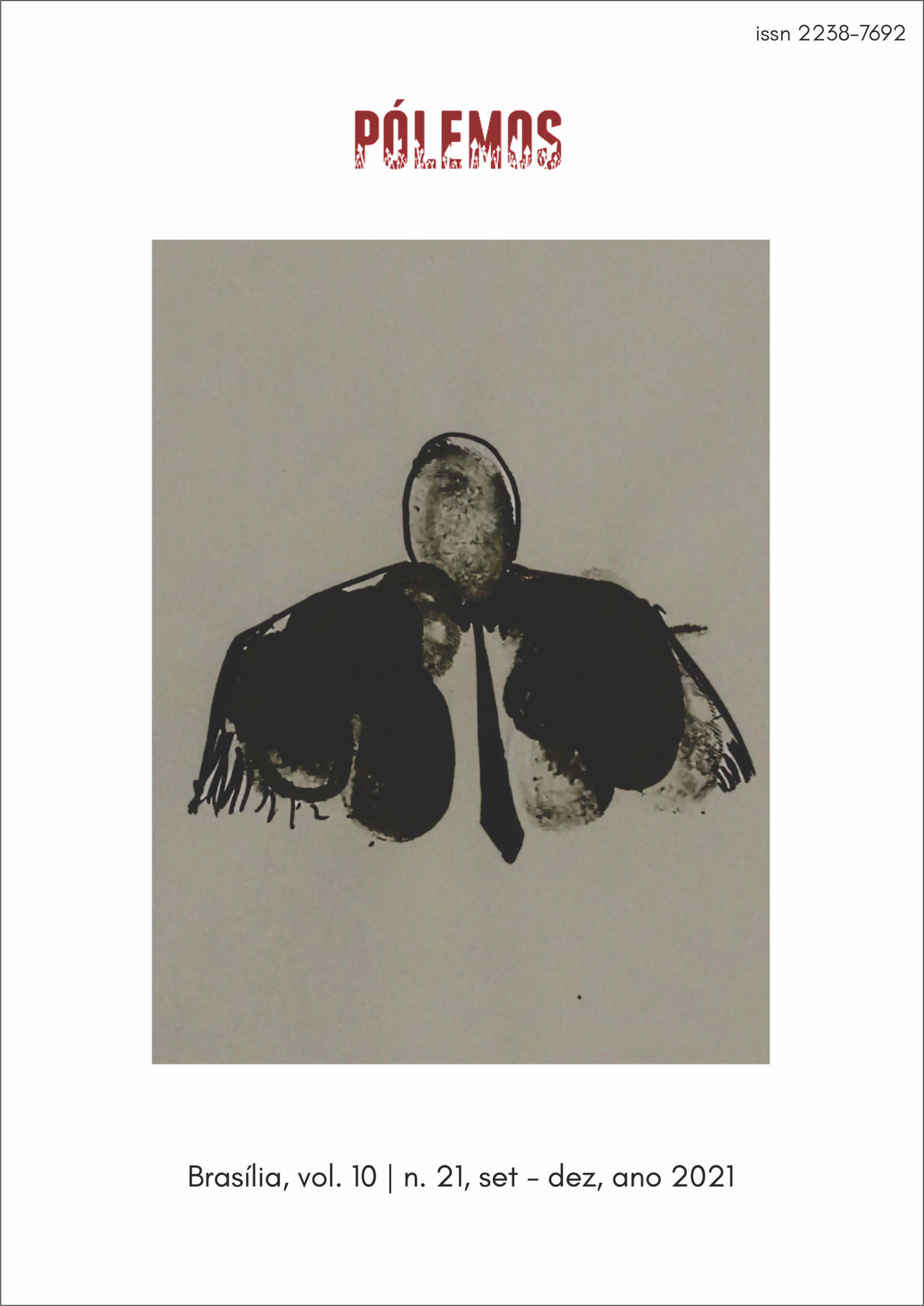THE CHOICE FOR SCIENCE IS A CHOICE FOR THE OPEN SOCIETY
the relation between Karl Popper's epistemology and political philosophy
DOI:
https://doi.org/10.26512/pl.v10i21.37871Keywords:
Popper. Critical Rationalism. Open Society.Abstract
This paper reconstructs Karl Popper's thought, with emphasis on the disciplinary relationship between his epistemology and his political philosophy. We seek to defend the interpretative thesis according to which the Popperian epistemology, mainly what is contained in The Logic of Scientific Research, insofar as it aims to develop a fallibilist conception of science and an anti-foundationalist theory of the scientific method, is indebted to normative principles that were outlined in the context of his political philosophy, especially in the two volumes of The Open Society and Its Enemies. In this manner, the Popperian characterization of science must be viewed as an activity guided by the normative principles of a broader critical community, without which it cannot subsist. Our interpretation, therefore, suggests that scientific activity finds its ethical basis in the moral values of the open society.
Downloads
References
AKINCI, Semiha. Popper’s conventionalism. In: CATTON, Philip; MACDONALD, Graham (Org.). Karl Popper: Critical appraisals. New York: Routledge, 2004, p. 28-49
ALBERT, Hans. Treatise on critical reason. Princeton: Princeton University Press, 1985
APEL, Karl-Otto. Can an ultimate foundation of knowledge be non-metaphysical?. The Journal of Speculative Philosophy, [S. l.], v. 7, n. 3, 1993, p. 171-90
CHIAPPIN, José Raimundo Novaes. Reconstrução racional da concepção popperiana de ciência: o racionalismo crítico como um termo médio entre o dogmatismo e o relativismo. Revista Khronos, São Paulo, v. 1, n. 1, 2008, p. 149-91
FEIGL, Herbert. De principiis non disputandum…?: On the meaning and the limits of justification. In: COHEN, Robert S. (Org.). Inquires and provocations: Selected Writings, 1929-1974. Dordrecht: D. Reidel Publishing, 1981, p. 237-68
FLORIDI, Luciano. The problem of the justification of a theory of knowledge: Part I, some historical metamorphoses. Journal for General Philosophy of Science / Zeitschrift für allgemeine Wissenschaftstheorie, [S. l.], v. 24, n. 2, 1993, p. 205-33
GATTEI, Stefano. Karl Popper’s philosophy of science: Rationality without foundations. New York: Routledge, 2009
HACOHEN, Malachi. Karl Popper: The formative years, 1902-1945. Cambridge: Cambridge University Press, 2000
POPPER, Karl. A miséria do historicismo. São Paulo: Cultrix; Ed. Universidade de São Paulo, 1980
POPPER, Karl. A sociedade aberta e seus inimigos: O fascínio de Platão. 3. ed. São Paulo: Ed. Itatiaia; Ed. Universidade de São Paulo, 1987, 1 v.
POPPER, Karl. A sociedade aberta e seus inimigos: A preamar da profecia, Hegel, Marx e a colheita. 3. ed. São Paulo: Ed. Itatiaia; Ed. Universidade de São Paulo, 1987, 2 v.
POPPER, Karl. O realismo e o objetivo da ciência. Lisboa: Publicações Dom Quixote, 1987, 1 v.
POPPER, Karl. The two fundamental problems of the theory of knowledge. New York: Routledge, 2009
POPPER, Karl. A lógica da pesquisa científica. 2. ed. São Paulo: Cultrix, 2013
SHEARMUR, Jeremy. The political thought of Karl Popper. London: Routledge, 1996
Downloads
Published
Issue
Section
License
Copyright (c) 2022 PÓLEMOS – Revista de Estudantes de Filosofia da Universidade de Brasília

This work is licensed under a Creative Commons Attribution-NonCommercial-NoDerivatives 4.0 International License.
Todos os trabalhos que forem aceitos para publicação, após o devido processo avaliativo, serão publicados sob uma licença Creative Commons, na modalidade Attribution-NonCommercial-NoDerivatives 4.0 International Public License (CC BY-NC-ND 4.0). Esta licença permite que qualquer pessoa copie e distribua a obra total e derivadas criadas a partir dela, desde que seja dado crédito (atribuição) ao autor / Ã autora / aos autores / às autoras.


